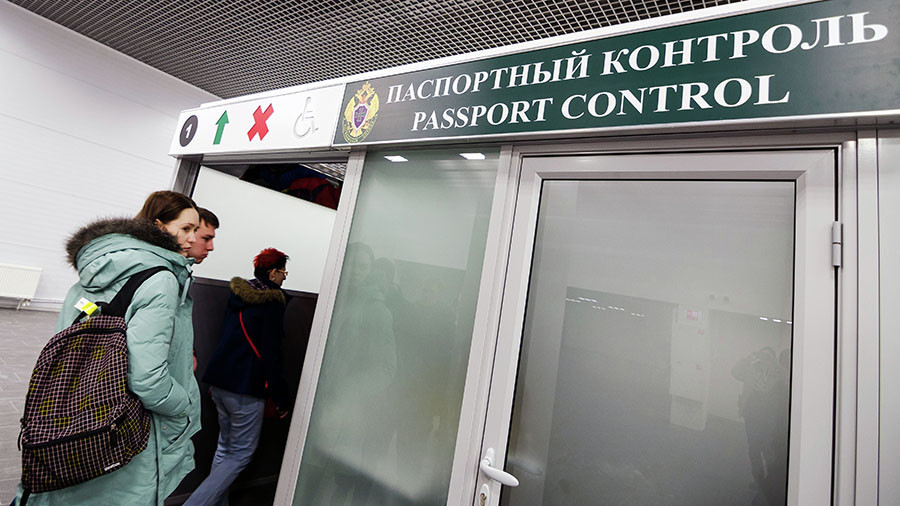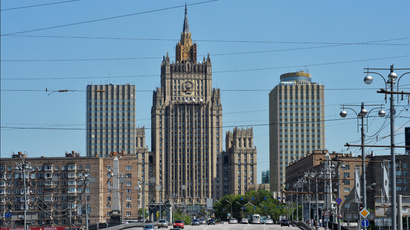Duma committee backs bill to block ‘undesirable’ foreigners from entering Russia

The bill allows either chamber of the Russian parliament to issue entry bans for foreign citizens who either threaten national interests or “infringe upon the interests of a person, society or state as well as the national, historic, spiritual culture or any other values that are commonly recognized in Russia.”
The legislation was initially drafted in November 2014 by a group of lawmakers headed by a representative of the parliamentary majority party United Russia.
It specifies that the restrictions on entering the country must be commensurate with the benefits or restrictions introduced by the relevant foreign state with regard to Russian citizens. An amendment to the law on border control is included in the bill, which allows the government to introduce specific rules on entering and exiting the country as a reciprocal step to similar decisions made by foreign nations.
The State Duma Committee for Legislative Work called the bill “timely” and said that it did not contradict the Constitution, existing Russian laws or international treaties signed by Russia.
In June 2015, Russia introduced the so-called Law on Undesirable Foreign Organizations, which allows the Prosecutor General’s Office and the Foreign Ministry to draw up an official list of undesirable foreign organizations. Once a group is recognized as undesirable, its assets in Russia must be frozen, its offices closed, and the distribution of any of its materials must be banned. If the ban is violated, the personnel of the outlawed group and any Russian citizens who cooperate with them could face heavy fines, or even prison terms in the case of repeated or aggravated offences.
About a month after the law came into force, Russia’s upper house released a list of foreign organizations that it planned to declare undesirable. The list consisted of 12 entries, including such groups as the National Democratic Institute, the US National Endowment for Democracy and the Open Society Institute, which is also known as the Soros Foundation. The placement of these groups on the list was subsequently implemented by the Justice Ministry.











